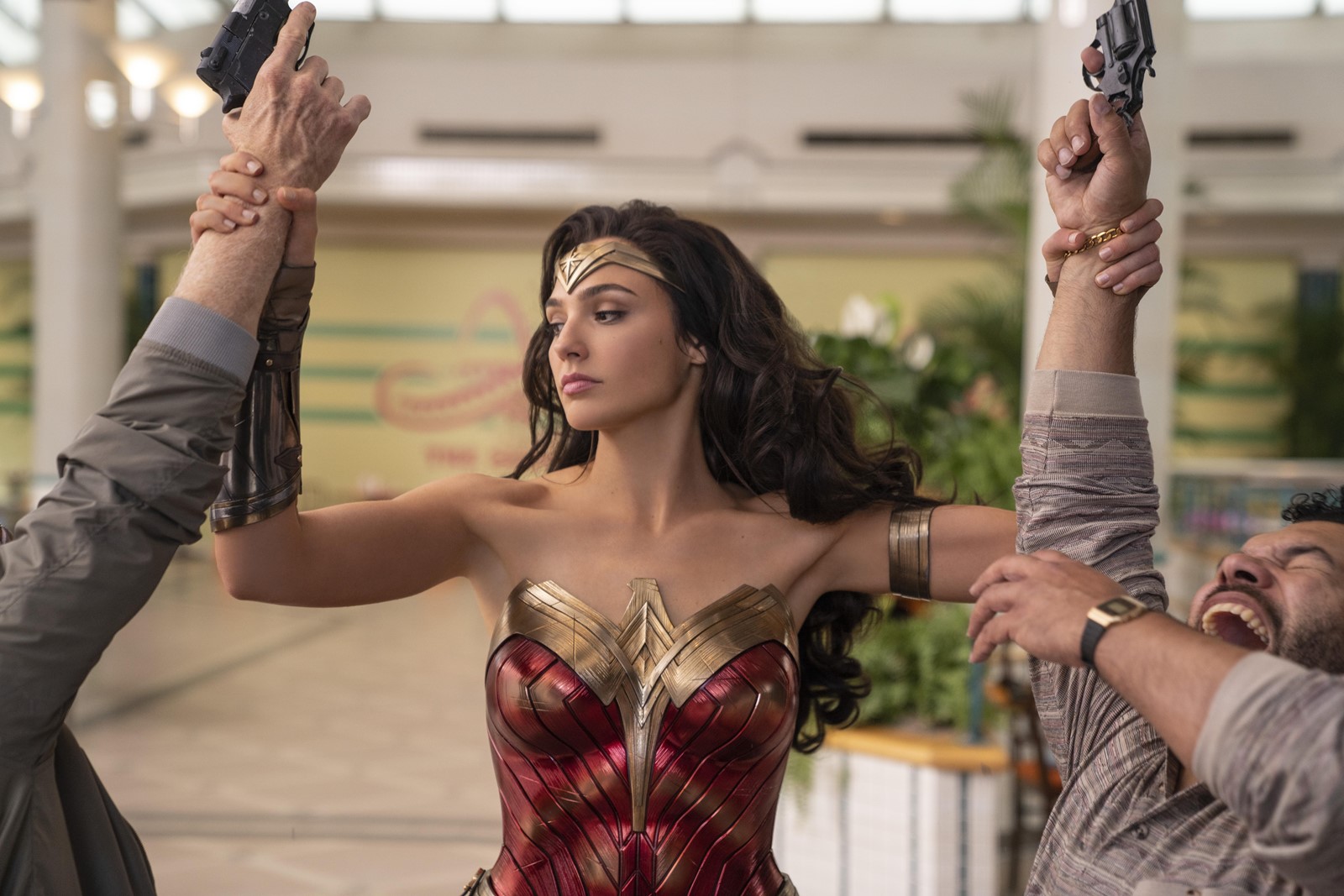
On Thursday,
And there’s a “Lion King” prequel coming, directed by “Moonlight” filmmaker Barry Jenkins.
“Of the 100 new titles announced today,” said Disney CEO Bob Chapek, “80 percent of them will go to Disney Plus.” Then came a half-hearted “but.”
“But we had $13 billion of box office last year,” Chapek said. “And that’s obviously not something to sneeze at.”
If that’s true, then why does every power broker in Hollywood have a cold these days?
There are many colliding points of view on the great 2021 streaming dump, all of them profoundly self-interested. My self-interest goes like this. I want a screen life that gives me amazing, copious reasons to park it at home, and binge, or try something wholly untested, while the vaccines start circulating next year.
I am equally interested in getting back, when it’s safe, to moviegoing, to go with the moviestaying. I like a crowd. Or did, when it was safe to be part of one.
On Dec. 3,
The blowback was fast and furious. A-list talent such as “Wonder Woman 1984” director Patty Jenkins (whose Warner Bros. project premieres Dec. 25 in a simultaneous streaming and limited theatrical launch) and “Dune” director Denis Villeneuve felt bait-and-switched, as did “Dunkirk” and “Tenet” auteur Christopher Nolan, who cherishes the big-screen presentation.
If other studios follow suit and push everything they have onto streaming platforms, Jenkins
If more studios follow the Warners model, “it’s going to make it really hard to stay in business,” says Glen Arts Theatre owner Eric White, whose four-screen independent operation has long been a mainstay of downtown Glen Ellyn, Ill. “This could be the writing on the wall. You can’t take every piece of meat off the bone, and expect theaters to survive.”
“Wonder Woman” director Jenkins was one piece of the Disney announcement Thursday. She’ll be the first female director of a “Star Wars” franchise picture, “Rogue Squadron.” That film is scheduled for a Christmas 2023 release. In theaters. And that’s partly becuase Jenkins wants it that way, both financially and creatively.
I’m glad about that. But as a whole, the Disney lineup is, in a word, nervous. With so much nervous reliance on “Star Wars” and Marvel offshoots, and on previously exploited Disney characters, where does this leave us? Maybe satisfied. Maybe economically solid. Maybe. But maybe good and sick of the same old thing.
Theatrical exhibition isn’t coming back stronger than ever after all this — not after a egregiously mishandled pandemic, not after years and years of the studios sticking it to the theater owners, first with film-to-digital conversion, and more recently with self-cannibalizing streaming platforms.
It will survive, though. I hope.
“‘For 4,000 years,” as writer-director Aaron Sorkin recently told Variety, “nothing has replaced the experience of being part of an audience.”
Millions agree. Millions of others don’t.
I can’t begin to parse the economics underneath the increasingly conglomerated film business. As “Arrival” and “Dune” director Villeneuve wrote recently: With the Warner Bros./HBO Max plans for 2021, “AT&T has hijacked one of the most respectable and important studios in film history … It is all about the survival of a telecom mammoth, one that is currently bearing an astronomical debt of more than $150 billion.”
According to Disney CEO Chapek, the Disney Plus streaming service is targeted to hit between 230 million and 260 million subscribers by 2025. (Netflix currently has 195 million subscribers worldwide.) Profitable as hell, right?
Not yet: Disney’s direct-to-consumer division lost $2.8 billion in fiscal year 2020. Disney Plus is expected to break even by 2024, and will spend money to make it: The programming budget for 2024 is expected to be $8.5 billion.
Disney set aside a potential 20 percent of its 2021 wares for theaters first. It’s something, anyway. I just wish more of the lineup were less about stock jitters, and the cozy/wearying familiarity of titles we know already.
It’s too late to dam up the streaming river. We are in it. The water’s fine; the selection’s insanely broad.
And the Wall Street imperative now is too strong to resist. The conglomerates are sacrificing the future of moviegoing for the pandemically friendly practice of moviestaying. We were heading that way before COVID. Now we’re there. Outside the river of streaming content, for most studios the rest is just sentiment and small potatoes.
But you know? You can make some money and a lot of memories on potatoes. In 2017 I saw a remarkably beautiful 70 millimeter print of Disney’s animated “Sleeping Beauty” at the Music Box Theatre. Sold out. 800-plus. On an extra-wide screen. Then 9, my stepson Will and I were well and truly swept away. It was big, and communal, and we get off the couch and lived to tell the tale.
More recently, a theater owner (not a Chicagoan) told me about a conversation he had with Disney. He wanted to rent one of the classics from the Disney vault. The request was denied. There just wasn’t enough profit in it, he was told, even though the theater would’ve likely made a few thousand and Disney would’ve gotten a healthy percentage of the gate.
“We’re in the billions business,” the Disney rep said. “We’re not in the millions business.”


 PREVIOUS ARTICLE
PREVIOUS ARTICLE
